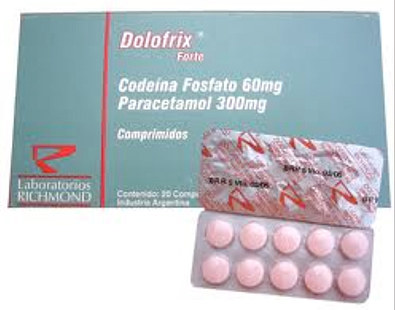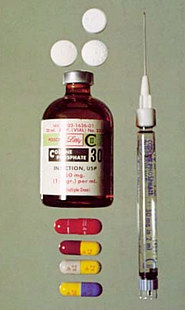Codiene


Codeine (Methylmorphine) (Codeine phosphate)
Street names
Codis500, Cough syrup, Nurofen Plus/Max, Syrup
General Info
Codeine is an opiate drug used to treat mild to moderate pain. It is available either from doctors as a prescription only medicine or, directly from a pharmacy combined in lower doses with Aspirin, Ibuprofen or Paracetamol.
Taking combination painkillers containing Codeine at higher than recommended doses can result in consuming doses of Aspirin, Ibuprofen or Paracetamol that could be fatal.
Codeine is available in tablet form, as a syrup (e.g. as a cough syrup) and as a solution for injection. It is normally swallowed. Some people misusing the medicine prefer to crush up the tablets and snort them, and some may try to inject them.
Codeine-containing medicines carry warnings on the packs about the risk of addiction and advise that the non-prescription medicines should only be used for up to three days at a time without medical advice. Driving while using Codeine, is illegal. People can still be unfit to drive the day after. This can result in a heavy fine, disqualification from driving or even prison.
Effects
Codeine has similar effects to the other opiates:
- Feelings of warmth and well-being, calm, relaxation and sleepiness
- Nausea, vomiting, constipation, loss of appetite, drowsiness, confusion, sweating, itching, dry mouth, mood swings and feelings of lethargy
Risks
- It is addictive
- Lowers blood pressure and can suppress normal breathing, leading to respiratory arrest. This risk of overdose and death increases if Codeine is mixed with other depressants e.g. Alcohol
- When a higher than recommended dose of Codeine is taken in a tablet combined with another type of painkiller (commonly Paracetamol, Aspirin or Ibuprofen), there is a real risk of overdose - with risks of kidney failure, liver failure, and of indigestion or bleeding from the stomach, which can be fatal
- As with other opiates, taking very high doses of Codeine during pregnancy may lead to withdrawal symptoms in new born babies
- Withdrawal symptoms include nervous tremors, anxiety, yawning, sweating, runny nose, sleep disturbance, nausea, goose-bumps, restlessness, diarrhoea, abdominal cramps and muscle spasms.
Class
Class B